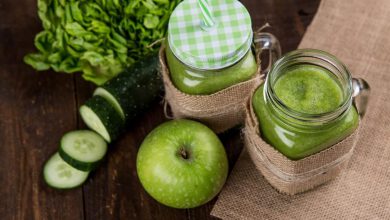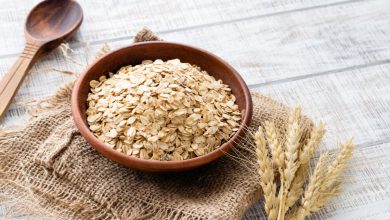How Long Does It Take For The Stomach To Digest Food?
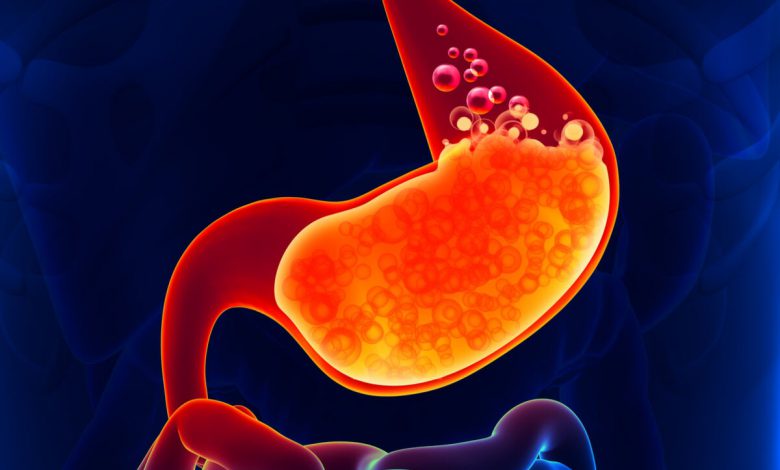
The digestive process is key to obtaining the nutrients that food provides us. The time it takes for the stomach to digest food is highly variable and changes depending on the food, the sex of the person or some individual characteristics.
Although much of the work is done in this organ, during the digestive process food also passes through the small intestine and colon. Thus, in total, it can take from 2 to 5 days to do the entire route.
Digestion and the role of the stomach in digesting food
During the digestion process, the body extracts nutrients from food and eliminates those parts that cannot be used. This is why it is so important that it works correctly.
One of the main organs that is part of this system is the stomach. Chewed food reaches you through the esophagus and mixed with saliva in the mouth, which facilitates the swallowing and digesting process.
The stomach is a hollow, sac-like organ in charge of completely crushing food and beginning to break down its macronutrients through the enzymes and acids it secretes. In this way, the content that passes into the small intestine to continue digestion is completely liquid and is called chyme .
From here other organs and glands come into play, such as the pancreas, the intestine or the gallbladder, in order to be able to take advantage of the amino acids, glucose and fatty acids that are extracted from food.
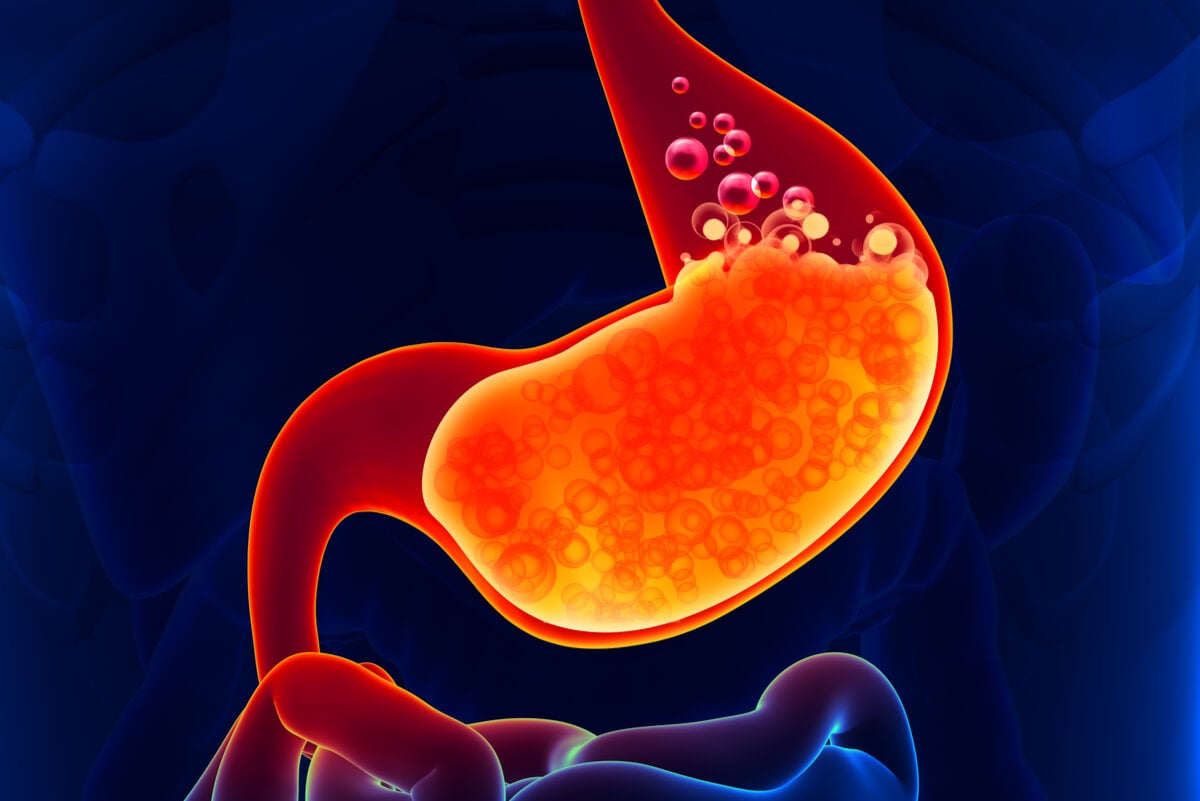
What does the digestion time depend on?
There are many conditions that affect the time it takes for the stomach to digest food. Some depend on the characteristics of what is ingested and others on people and their digestive system.
Food consistency
The time it takes for the stomach to digest a liquid food or a solid food is quite different. When ingesting drinks or shredded food, a part of the mechanical digestion has already been carried out, which means that the food takes less time to leave this organ.
On the other hand, when talking about solids, these require an average of 20 minutes before they start to liquefy in the stomach itself, which makes the process a little slower.
Nutritional composition
Food is made up of macronutrients that are carbohydrates, fats, and proteins. The percentage of each of them is different, depending on whether it is pasta, bread, meat, eggs, oil or others. And these are digested at a different rate each.
As a general rule, foods that provide carbohydrates and proteins are digested faster than those rich in fat. Fiber is also another component that slows down the process and, therefore, you tend to be fuller when these molecules are abundant in meals.
Energetic composition
The higher the caloric density of the foods eaten, the slower gastric emptying becomes. For this reason, it is often advisable to eat small and not very abundant meals.
Digestive problems
Some conditions of the digestive system or specific problems in the organs and their functioning can delay the emptying of the stomach. This is the case of people who undergo a surgical resection of the fundus of the stomach, those who have acid secretion problems or those who suffer from gastroparesis.
Hormonal processes
The time it takes for the stomach to digest food depends, in large part, on hormonal regulation and the neural system. For this reason, everything that can affect the normal secretion of hormonal molecules also affects gastric emptying.
How long would it take for my stomach to be empty?
Taking into account the aforementioned conditions, it can be calculated that food is an average of between 2 and 5 hours in the stomach before passing to the small intestine. Indicatively, this is the time it takes for the stomach to digest some of the most common foods:
- Water: its passage into the duodenum is almost instantaneous.
- Fruit and vegetable juices: between 15 and 20 minutes.
- Raw vegetables and fruits: 20 to 40 minutes.
- Cooked vegetables: 40 to 60 minutes. It takes longer to digest all those that contain more carbohydrates.
- Grains and legumes: between 1.5 and 2 hours.
- Nuts and seeds: they remain between 2 and 3 hours in the stomach.
- Dairy: the stomach takes to digest these foods from 30 minutes for skim milk and soft cheeses to 4 or 5 hours for more aged cheeses.
- Animal protein: about 30 minutes for the egg, between 1 and 2 hours for meat and fish. The sausages or the fattiest parts spend more time in the stomach.
What happens after digestion?
As has been seen so far, a whole series of mechanical and chemical processes are carried out in the stomach in order to break down food into its usable parts. Beyond this organ, the absorption function continues through the intestine.
Pass through the small intestine
Food leaves the stomach in liquid form into the duodenum, which is the first portion of the small intestine. This performs a series of movements that allow the chyme to be mixed with secretions that come from the pancreas and the gallbladder to complete the chemical digestion.
In addition, these movements allow the fluid to be pushed to other parts of the small intestine to continue its way to the colon. Once the duodenum has passed, this organ is responsible for absorbing the nutrients that the body needs.
Passage through the large intestine
The large intestine or colon is the last portion of the human digestive system. This is responsible for absorbing some vitamins and minerals (such as vitamins K and B12) and water.
Parts of the food that the body cannot digest, such as some types of fiber, also reach it intact. The intestinal bacteria are responsible for fermenting these residues. They are then sent to the rectum and anus for expulsion in the form of feces.
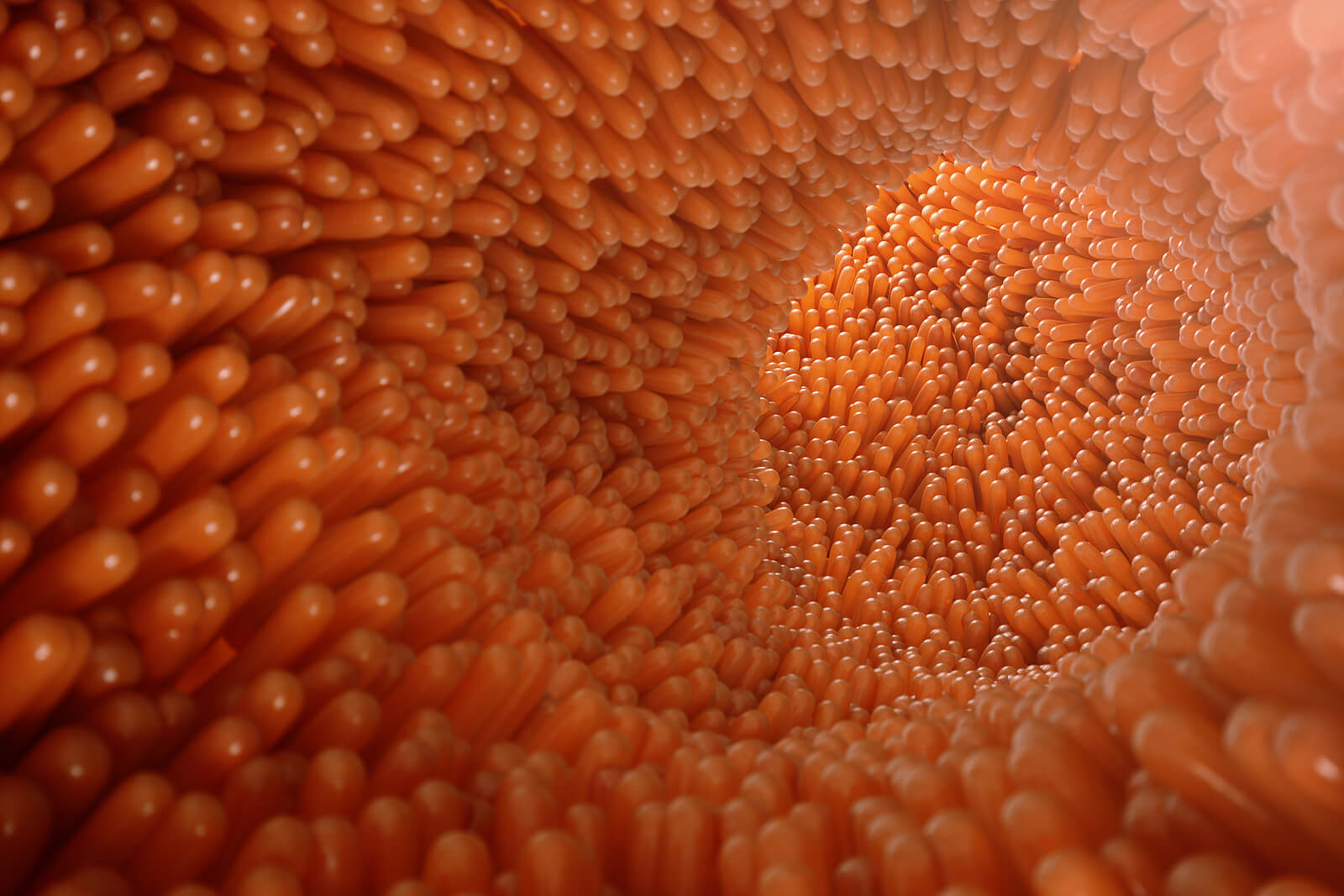
Tips to improve digestion
Throughout this process, some problems may appear that hinder digestion and subsequent absorption of food. The most common are usually flatulence, diarrhea and heartburn.
Eating habits and daily practices can help to improve this situation:
- Eat foods rich in fiber: such as fruit, vegetables and whole grains, which increase the speed and ease of passage through the intestine.
- Eat slowly and chew well: because the action of enzymes and the breakdown of food into small parts begins in the mouth.
- Do not abuse red meat: neither of processed products and very fatty foods.
- Add foods rich in probiotics: such as yogurt, kefir or sauerkraut, which help populate the intestinal tract with favorable organisms.
- Avoid alcohol and tobacco: they can cause serious damage to the organs of the digestive system.
- Exercise: moving the body causes the entire digestive system to move as well. In addition, it prevents the appearance of gas and flatulence.
- Reduce stress: this negatively affects the nervous system and, as a consequence, digestion. Eating consciously and in a relaxed way can be of great help.
The time it takes for the stomach to digest food is variable
Ingested food remains in the stomach for 2 to 5 hours. Although this time can vary greatly depending on the amount, the type of food or the existence of specific problems and diseases. Solid foods, those with an acidic pH and those that are higher in fat tend to spend more time in the stomach than liquids or those in which carbohydrates predominate.
Later they continue the way to the small intestine and colon, where the digestive process continues. These are responsible for absorbing nutrients and water and removing waste that the body cannot use.
The time they spend in this last section is much longer, especially in the large intestine. Thus, in total, food can take between 2 and 5 days to be eliminated from the body.



